In an age of increasing acceptance and inclusivity, the idea that tattoos should disqualify someone from potentially working as a teacher has been undergoing scrutiny. While some schools still maintain strict no-tattoo policies, others are allowing teachers to express themselves through their ink while imparting attitudes of tolerance to their students. This blog post will dive into the unique balance between personal expression and professionalism required for educators who have (or want) tattoos and delve deep into possible solutions for all parties involved.
Do Tattoos Look Unprofessional?
When it comes to teachers having tattoos, the question of professional appearance is often raised. Many people associate tattoos with a certain type of lifestyle and believe there is a stigma attached to visible tattoos that could affect how students perceive their teachers. However, in recent years this perception has been changing. Studies have shown that when it comes to personal appearance, such as clothing choices or hairstyles, perceptions primarily depend on context; for example, student expectations can vary depending on the school environment they’re in or the teacher’s age and experience.
Although many districts don’t have explicit policies about teacher tattoos, some do address them either directly or indirectly. Generally speaking though, most school rules specify that any visible tattoos must be “coverable” and not offensive or inappropriate. The teacher should also take into account the dress code they must adhere to in order to maintain a professional appearance.
Ultimately, whether a teacher can have tattoos while still being considered professional is up to each individual district and school’s policy. What may be seen as unprofessional in one area could be perfectly acceptable in another. It all depends on specific expectations and guidelines set by administrators and staff members. [1]
What Do Schools Think About Teachers With Tattoos?
Many schools have rules about whether or not teachers can show their tattoos. Different school districts have varying policies on visible tattoos. Some allow them unless they are offensive, while others do not allow them at all. Each school district has the autonomy to decide their position on whether or not teachers can have tattoos.
It is important for teachers to remember that their appearance and presentation reflects upon the school they work in, so it is important to take this into consideration when deciding whether or not to get a tattoo. Ultimately, the decision rests with each individual school district and there may be consequences if a teacher violates the policy regarding tattoos.
The Changing Perception Of Tattoos In Professional Situations
In recent years, tattoos have become increasingly accepted in the eyes of the public. This changing societal view has filtered into professional settings as well, with many workplaces putting more relaxed policies in place that allow teachers and other professionals to have visible tattoos. While some schools may still be more conservative when it comes to body art, there is a growing acceptance of faculty members who choose to display their ink.
Employers are recognizing that people from all walks of life can be excellent educators–and that includes those with tattoos. Schools are beginning to see that having tattooed staff is not a hindrance or an obstacle but rather an opportunity to diversify their staff and create an environment where students can feel comfortable being themselves. [2]
When it comes to tattoos in the classroom, there are a few basic guidelines that most schools will ask teachers to follow. One of those is that any tattoos should be tasteful and not overly distracting or disruptive to the learning environment. In addition, it’s important for educators to dress professionally and keep their ink covered at all times. This ensures that students remain focused on their studies rather than being sidetracked by a teacher’s personal choices.
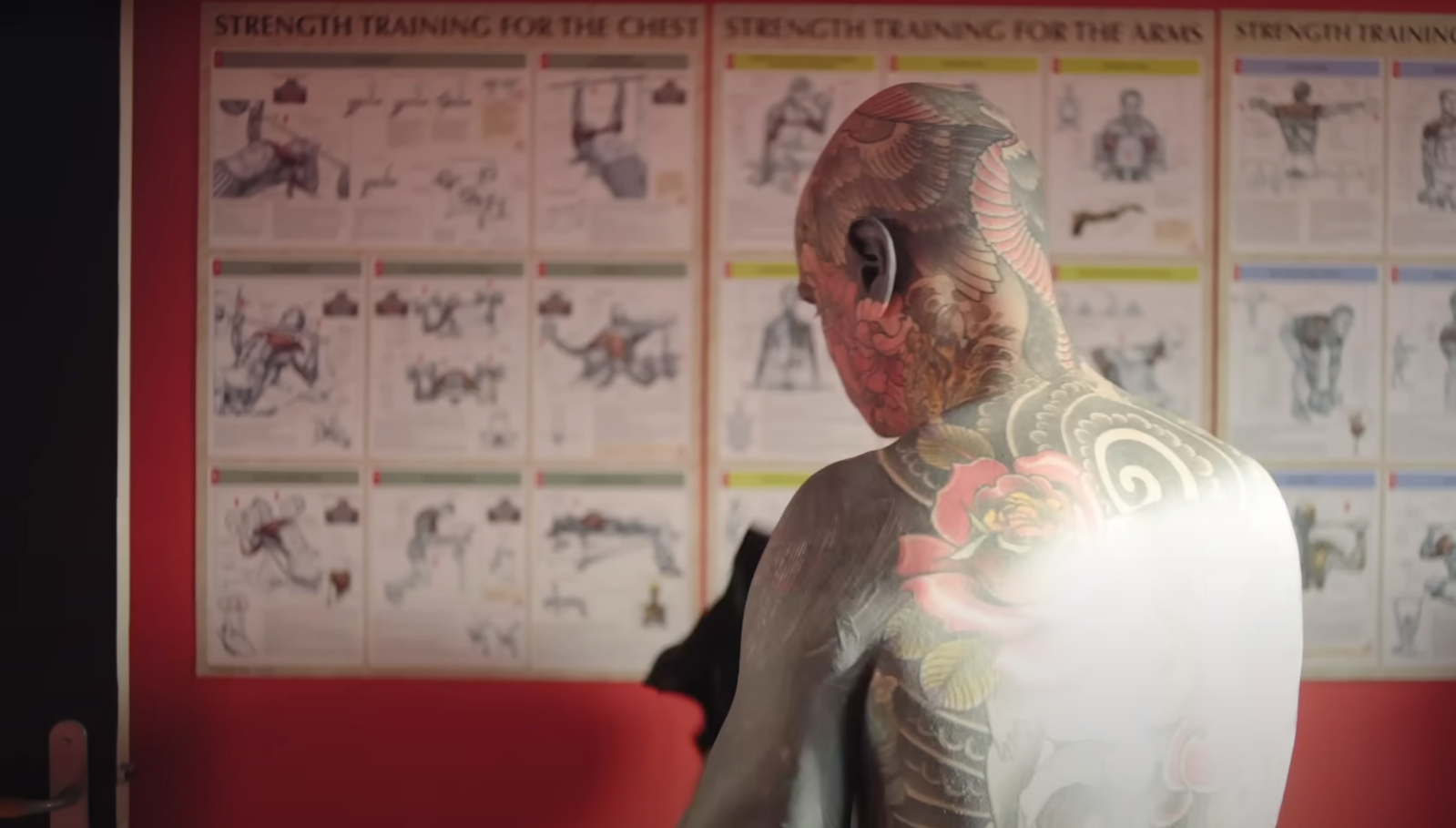
The Pros And Cons Of Allowing Tattooed Teachers
Teachers with tattoos can be a contentious topic, and one that often causes heated debates. On the one hand, there are those who argue for increased freedom of expression in the workplace, while on the other side some believe that tattoos have no place in an educational setting. To better understand the issue at hand, it’s important to consider both sides of this debate – as well as look at relevant research.
On the other hand, there are some legitimate concerns about allowing teachers to have visible tattoos. It’s possible that students may be distracted or negatively influenced by a teacher’s body art, which could interfere with their ability to learn. Additionally, studies have found that people with visible tattoos tend to face more job-related discrimination than those without them – so a school district might need to weigh this risk before deciding on such a policy. [3]
Exploring Solutions For Schools And Teachers
When it comes to teachers having tattoos, the issue can be a tricky one for schools and students. While tattoos are becoming more accepted in society, some administrators may still see them as unprofessional and not suitable for those in positions of authority. This means that teachers may face restrictions or even disciplinary action if they have visible tattoos while at work.
In addition, schools should consider letting teachers cover their tattoos with clothing or bandages during school hours. If a teacher’s tattoos are part of their cultural or religious background, the school should be sure to respect and accommodate these beliefs.
Ultimately, the decision is up to each school district. As long as teachers understand the expectations and policies in place, they can make informed decisions about how to handle any tattoos they may have while at work. With clear guidelines in place, schools and teachers will be able to create mutually beneficial solutions that ensure everyone feels respected and comfortable in the workplace.

How Should Educators Approach The Topic Of Tattoos With Students?
When it comes to tattoos, teachers should be aware that the matter may be of particular interest to students. It is important for educators to approach the topic with sensitivity and an open mind. The best way to discuss tattoos in a classroom setting is to emphasize that everyone has different opinions on body art and that those views should be respected. Educators can also explain why they chose their personal designs and how these tattoos reflect who they are as individuals. Additionally, teachers can provide resources regarding tattoo safety, such as information about reputable artists and reliable aftercare methods. By doing so, teachers can demonstrate respect for body art while providing useful knowledge to their students. [4]
Ultimately, an honest discussion about tattoos will help foster a more positive learning environment where everyone feels safe and respected. It is important for teachers to emphasize that the choice whether or not to get a tattoo is an individual one, and that everyone should be supported in their decisions regardless of what those may be.
What Is The Dress Code For Teachers?
The dress code for teachers varies from school district to school district. In general, most schools require that teachers dress in professional attire. This typically includes items such as a suit and tie or dress, skirts or slacks, blazers, and dress shoes. Some schools may also require teachers to cover up tattoos while at work. This is typically done out of respect for the student body and their parents’ values. It is important to understand what your individual school’s policy is on this issue before deciding whether or not you can show off your ink while teaching. Keep in mind that even if it is allowed, it may be best to err on the side of caution when selecting clothing that will be appropriate for the classroom environment. As always, it is best to use your best judgment when deciding what is appropriate for any given situation. [5]
What Does The Law Say About Teachers Having Tattoos?
In the United States, laws regarding teachers having tattoos vary by state. Generally speaking, teachers in public schools are expected to present a professional appearance as part of their job duties. While there isn’t a universal law that prohibits teachers from having visible tattoos, many school districts have specific guidelines about what is acceptable for faculty members to display in the classroom.
Ultimately, the decision to allow teachers with tattoos in your school district is up to school administrators and individual boards of education. Many schools have adapted their policies to be more inclusive of faculty members who choose to express themselves through body art. It’s important for all teachers to familiarize themselves with their local policies regarding dress codes and other professional standards before getting any tattoos that could potentially compromise their career.
How Can Teachers Cover Tattoos Whilst At Work?
If teachers are allowed to have tattoos but need to cover them up while at work, there are a few different ways they can do so. Clothing is the most obvious way for teachers to cover their tattoos in an appropriate manner. Many schools require their staff to adhere to a certain dress code which could include wearing clothes that fully conceal any visible tattoos.
No matter what method teachers choose to use to cover their tattoos, they should always remember to check with their employer first about any policies or guidelines that are in place regarding visible body art. This will ensure that they remain compliant with workplace regulations and keep themselves out of trouble with the school administration. With some foresight and careful consideration, teachers can easily conceal their tattoos while at work without breaking any rules or compromising their professionalism. [6]
Reasons Teachers Should Avoid Getting Tattoos
Although some school districts have relaxed their views on teachers having visible tattoos, there are still a few reasons why it may be best for teachers to avoid getting tattoos. First and foremost, having a tattoo can be seen as unprofessional in certain settings. It is important for teachers to maintain an air of authority and professionalism when interacting with students and parents. Even if the school district allows teachers with tattoos to remain employed, it can be difficult to gain respect from students and parents who find tattoos inappropriate or unacceptable.
Finally, tattoos are permanent and should therefore be given careful consideration. If a teacher gets a tattoo that they later regret, it can be difficult and expensive to have it removed or covered up. Therefore, teachers should think carefully before getting a tattoo, as there can be unintended consequences down the line. All in all, tattoos may not always be deemed inappropriate for teachers in some settings; however, it is best to keep these considerations in mind should you decide to get one.
Which Professions Allow Tattoos In The Workplace?
While it can be argued that teachers should not have any visible tattoos in the workplace, there are certain professions where having a tattoo may not be considered a liability.
Similarly, law enforcement officers may need to cover up offensive tattoos while on duty and Judges may need to avoid any political statements expressed by ink designs. Although acceptance of tattoos varies greatly depending on profession and location, there are many jobs where tattoos are allowed or even encouraged.

In the end, how you present yourself in the workplace will ultimately determine your success. Whether you have one tattoo or many, it’s important to be mindful of any dress codes or regulations that may be in place for your chosen profession. If you decide to get a tattoo, make sure that it is something that won’t cause distractions or offense in the workplace.
Teaching Online With Tattoos
In recent years, more and more teachers are choosing to incorporate tattoos into their professional attire. While this may seem like a radical change for some school districts, the truth is that allowing teachers to have visible tattoos can be beneficial in several ways. For one thing, it helps to create an atmosphere of acceptance and respect for those who choose to express themselves through body art. This is especially true when teaching online, as students’ physical presence is not always present in the virtual classroom.
Finally, teachers with tattoos can provide valuable insight into how to embrace diversity in the classroom. By allowing teachers to display their unique body art, schools can demonstrate that they’re open to different styles and perspectives — something which will undoubtedly help foster a more inclusive learning environment for all students. [7]
FAQ
Is it okay to have tattoos as a teacher?
The answer to this question may vary depending on the school district and state you are teaching in. Generally, most schools do not have a policy for or against tattoos as long as they are appropriate and not visible while teaching. It is important to always check with your school district prior to getting any tattoos just to be sure.
Are there consequences if I get a tattoo?
Generally, there will not be serious repercussions if you do decide to get a tattoo. However, some districts might ask you to cover up the tattoo when you’re in the classroom or require that it remain hidden at all times. Ultimately, it’s best to check with your school’s policies before making any decisions about getting a tattoo.
Are there any other tattoo-related considerations to keep in mind as a teacher?
Yes, it is important for teachers to remember that they serve as role models for their students and should always be mindful of the message they are sending with their appearance. Additionally, tattoos could potentially be distracting or disruptive to the learning environment, so you should always consider if your tattoo would fit into the classroom setting before getting one. It is also important to keep in mind any cultural taboos or traditions when deciding on what kind of tattoo to get. All in all, it is important to be cognizant of how your appearance affects both yourself and those around you prior to making any permanent decisions about body art.
Will tattoos affect my career?
The short answer is yes, in some cases. In most places of work, having visible tattoos may be seen as inappropriate or unprofessional and could have a negative impact on your career. Employers will often judge someone by their appearance and if they are uncomfortable with tattoos it could affect your ability to get hired or promoted. It’s important to be aware of the potential consequences when deciding whether you want to get a tattoo. If you choose to get a tattoo, it’s best not to make them too visible or place them where they can be easily seen while at work. You may also want to consider getting one that has more personal meaning rather than something that might attract attention from colleagues or employers. In addition, it’s a good idea to be aware of any company policies regarding tattoos as well as local laws that may restrict or prohibit them.
Do you have to hide tattoos as a teacher?
The answer to this question depends on the school district and its rules. Some districts may not have a policy about tattoos, while others might prohibit visible tattoos or require that teachers cover them up. Generally speaking, however, more and more schools are becoming more tolerant of teachers having tattoos. When considering whether to allow tattoos in the classroom, many administrators take into consideration how it will appear to parents and students. Some worry that having teachers with visible tattoos could be seen as inappropriate or unprofessional. On the other hand, some view allowing teachers to have visible tattoos as an opportunity to show acceptance for diversity among faculty members and set an example of inclusion for students.
Can teachers have tattoos in Australia?
The short answer is yes, but it depends on the type of tattoos and where they are located. Generally speaking, teachers in Australia can have visible tattoos provided that they are not offensive or overly distracting to students. This means tattoos must be discreetly placed and conform to a professional standard. Tattoos should also not conflict with school policies or any dress code that may be in place. For example, many schools have strict rules against facial piercings and large body art pieces such as sleeve tattoos. It’s important for teachers to remember that their behavior has an impact on the young people in their care, so it’s best to err on the side of caution when considering whether or not a tattoo is appropriate for a teaching role. Additionally, it’s important to be aware of any potential discrimination issues that may arise from having visible tattoos in the workplace.
Useful Video: School Teacher Tattoos His Entire Body | HOOKED ON THE LOOK
Conclusion
In conclusion, the decision of whether or not teachers can have tattoos is a complex one. While it depends on the school’s policy and state laws, in general, many schools allow teachers to have visible tattoos as long as they are not considered offensive. It is important for teachers to research their school’s policies on tattoos before making any decisions. It may also be helpful for teachers to speak with colleagues or administrators who are familiar with their schools’ expectations about tattoos. Ultimately, having a tattoo should not prevent someone from becoming an excellent teacher if they take the necessary steps to ensure that their body art does not offend anyone in the classroom. By following these guidelines and being aware of potential concerns, teachers can have tattoos without compromising their ability to educate students.
References:
- https://www.hontattoo.com/can-teachers-have-tattoos-the-pros-and-cons/
- https://www.educationcorner.com/can-teachers-have-tattoos/
- https://thetutorresource.com/can-teachers-have-tattoos/
- https://www.gemmaetc.com/2023/04/can-teachers-have-tattoos.html
- https://trekkerschool.com/can-teachers-have-tattoos-in-the-usa-rules-and-laws-to-know/
- https://prioritylearn.com/can-teachers-have-tattoos/
- https://www.tattoorules.com/other-professions/teachers-tattoos/





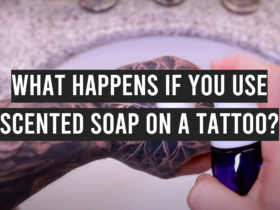

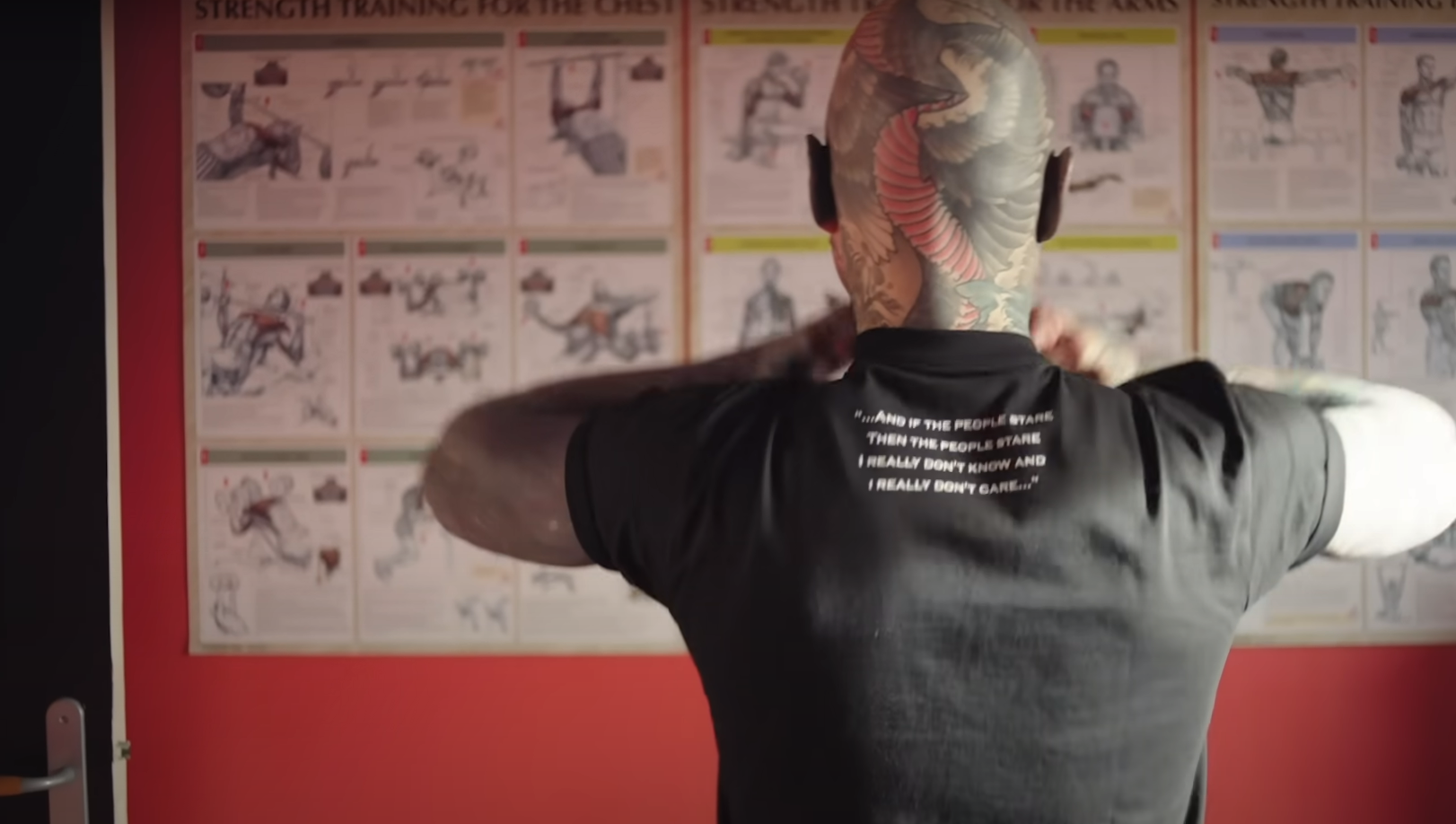

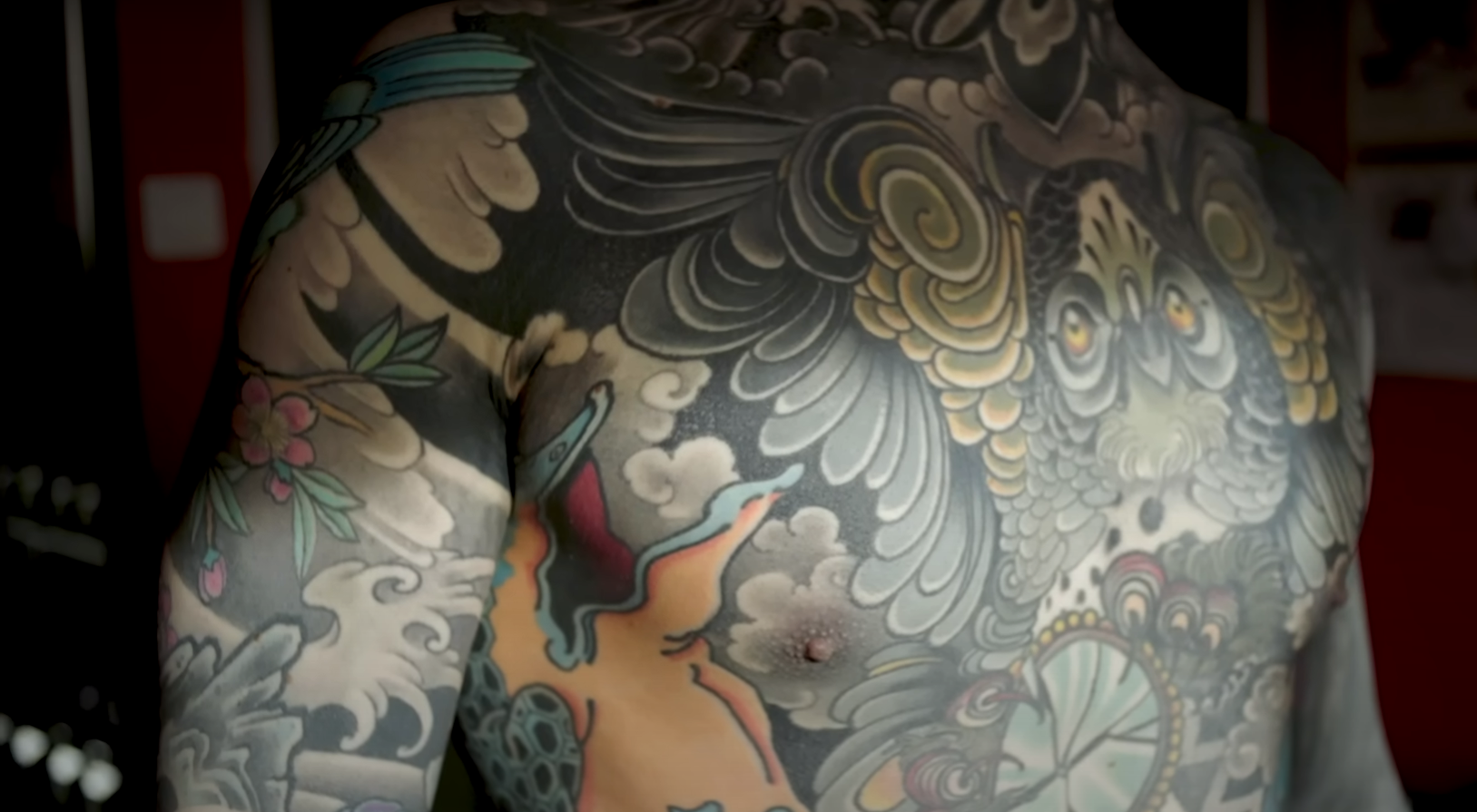
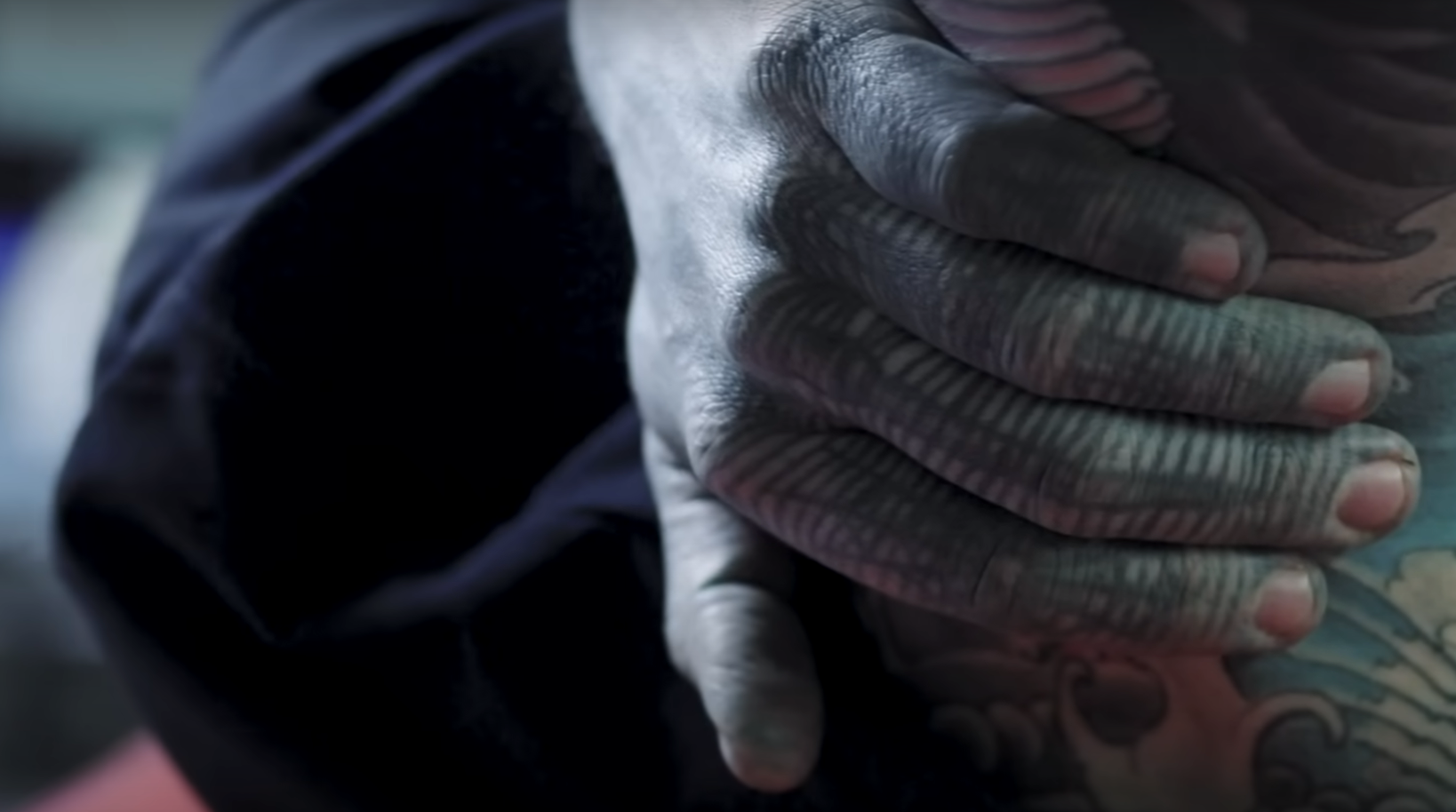




Leave a Review